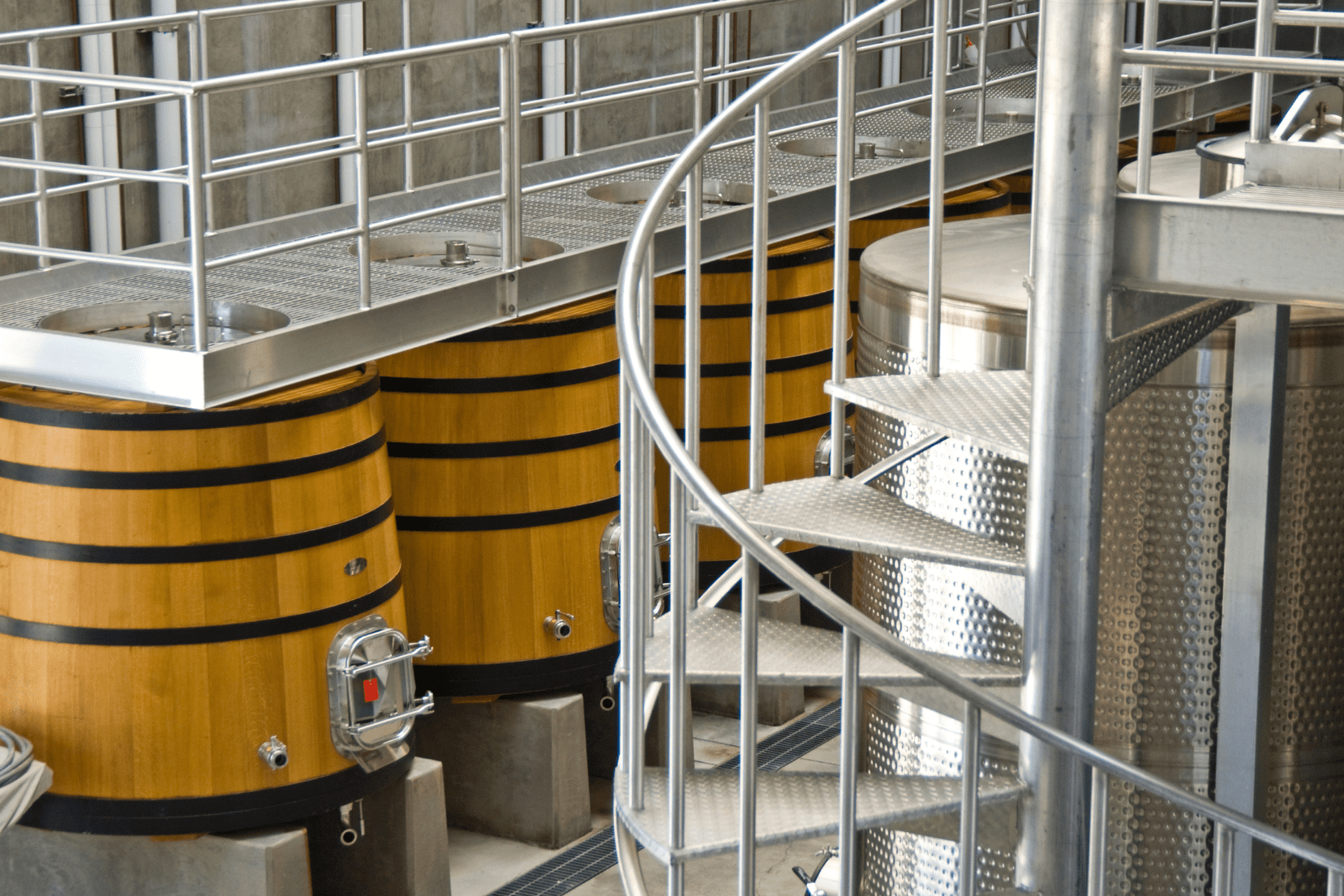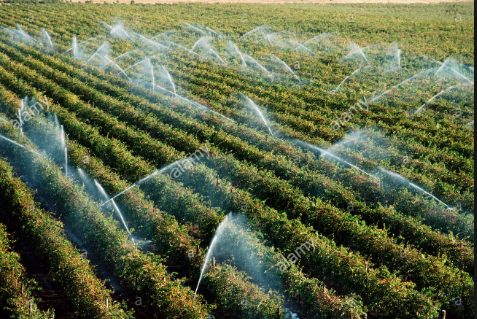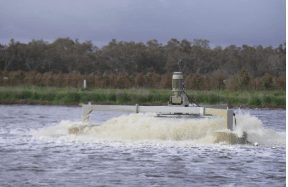Why is good wastewater management of benefit to wineries?
Commercial wineries produce a huge volume of liquid waste. It might include grapes and juice, alcohol and other sugars, mineral salts, and chemicals from cleaning. Winery wastewater may also be low in dissolved oxygen, a crucial component in a healthy water supply. Not treating winery wastewater will likely result in effluent surcharges from the government, high water costs, and loss of value of the winery’s land through environmental damage.
In this article, we’ll discuss why good wastewater management can be beneficial to wineries.
Why is wastewater management beneficial to wineries?
By engaging with a responsible and experienced wastewater treatment and equipment manufacturer, a winery ensures its wastewater is a resource rather than a harmful by-product.
- Careful sewage treatment and segregation keeps it out of the winery wastewater system, making re-use or recycling easier. Urban sewage systems provide recycled water suitable for irrigation, which lessens the burden on natural resources.
- The solids within winery wastewater can be isolated by type and recycled, for example, marc may be composted and used directly on vineyards; lees and rinse water can be composted or re-processed to recover wine; sludge, which must be periodically removed from ponds or lakes used to settle waste, can be used as low-level fertiliser.
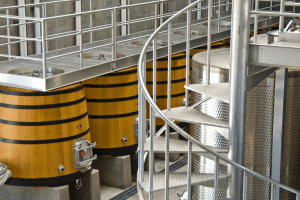 Processing wastewater on-site might be regarded with reluctance by winemakers concerned about the smell. The scent associated with decomposing waste is the result of microbes living in an oxygen-free environment, such as the bottom of a pond. There, they digest waste matter and produce methane and other gases – some of which are noxious and smell highly offensive. This process is called anaerobic digestion and while much of the waste is processed, it should be partnered or substituted with aerobic digestion to reduce the smell.
Processing wastewater on-site might be regarded with reluctance by winemakers concerned about the smell. The scent associated with decomposing waste is the result of microbes living in an oxygen-free environment, such as the bottom of a pond. There, they digest waste matter and produce methane and other gases – some of which are noxious and smell highly offensive. This process is called anaerobic digestion and while much of the waste is processed, it should be partnered or substituted with aerobic digestion to reduce the smell.
In aerobic digestion, algae, wind and/or physical aerators provide oxygen to the microbes living in the water. Organic matter is digested by the microbes, which release scentless carbon dioxide, water, and heat. Nutrients are oxidised or absorbed by microbes. Matter that the microbes find hard to digest is broken down, resulting in a sludge comprising organic matter and microbial waste. This makes a good low-level fertiliser.
Wastewater treatment for wineries
Wastewater equipment manufacturers such as By Jas can provide submerged or surface aerators suitable for wastewater ponds, lakes or tanks. Aeration is not only crucial for aerobic digestion, it also keeps exposed water from turning stagnant. Stagnant water is an ideal home for smell-producing bacteria and pests such as mosquitos. The lack of oxygen prevents other life, such as fish, from surviving. A stagnant wastewater pond may process winery waste, but aside from the unpleasant smell, it will also fail to contribute to a balanced ecosystem at the winery.
With increasing awareness of the effect of agricultural processes on rapidly dwindling natural resources, a winery’s bank account and public image need to invest in a wastewater management system that comprises sewage treatment, sludge dewatering, and aerator systems. contact us today to learn more.
By Jas has been in the industry for 35 years. We are family owned and service across Australia, regional town centres, remote regional areas, and main capital cities. By Jas specialises in sewage and wastewater treatment: visit us at www.byjas.com.au or call us on (03) 5979 1096.
SHARE:
What you can read next

Waste water treatment for Wineries
Wineries across Australia are producing record ...

Specialising in the Winery Industry
We cater to the winery industry in order to red...
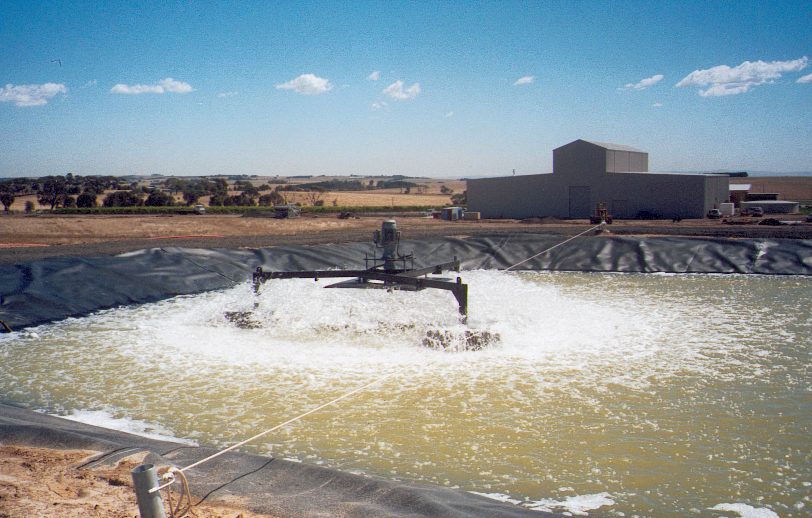
Irrigation efficiency for Wineries
As we know wineries produce wastewater from the...

What is Involved in the Process of Winery Wastewater Treatment?
Winery wastewater is generated from the winery’s...

Want to remove waste water efficiently
Are you looking for a cheaper and more environmen...

Why Choosing a Wastewater Equipment Manufacturer Provides a Better Option?
Why Choosing a Wastewater Equipment Manufact...

Why Are Bacteria Used in Sewage Treatment?
Wastewater treatment is society’s way of giving...

